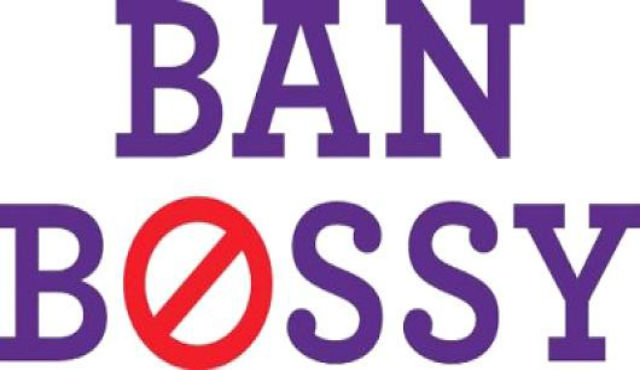Women’s Center Columnist honors annual celebration of March as Women’s History Month in U.S.

The recent “Ban Bossy” campaign has gained traction with many feminists, but some have expressed their concern that there are more important fights to be fought.
By Kara VanBlargen, Women’s Center Correspondent
March, while most famous for its Madness, is also Women’s History Month. Since 1987, the United States has celebrated the month of March as a tribute to the influential women leaders whose contributions have shaped our country. Sheryl Sandberg, renowned author of “Lean In: Women, Work, and also The Will to Lead,” is perhaps the most talked about woman this month.
With a little help from Beyonce, Sandberg’ s “Ban Bossy” campaign brought feminism back into the headlines by advocating for a ban on the use of the word bossy.
With names like Beyonce, Michelle Obama, Condoleezza Rice, General Stanley McChrystal, Jennifer Garner and Marlo Thomas involved, the movement has already done something impressive: brought feminism back into casual conversation and debate in America.
Along with celebrity endorsers, the campaign uses facts and figures about the possible consequences of labeling girls with derogatory terms. Sandberg theorizes that “words like bossy send a message: don’t raise your hand or speak up. By middle school, girls are less interested in leading than boys- a trend that continues into adulthood” (banbossy. com).
While intended to empower young girls to invest more in leadership positions, Sandberg’s methods of doing so are questionable. Significant debate has arisen around the issue, with opponents pointing out that women have bigger problems to contend with than being called “bossy” growing up. More concerning, this campaign is eerily reminiscent of failed American feminist campaigns of the past. By attempting to limit speech instead of expanding choice to everyone Sandberg undermines the strategy that has worked best for the feminist movement.
Additiona ly, she casts a negative image upon feminists everywhere by assuming that all are offended by the term “bossy”. Instead of attempting to ban the term, feminists should embrace it to take away the power it has over women.
“Feminism” is already seen as an offensive label to many because of a history of public misunderstanding of the goals of the movement. Sandberg’s “Ban Bossy” campaign adds to this misrepresentation further. Feminists do not desire to limit the vocabulary used to describe little girls, but rather aims to encourage them to overcome the derogatory terms and stereotypes associated with women.
There are bigger problems and significantly more offensive terms facing women today. Feminists desire only equality with men in the home, workplace and society as a whole. Until that time comes, girls, women and feminists everywhere have an obligation to continue to be bossy.
